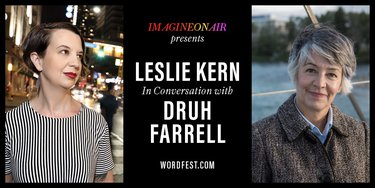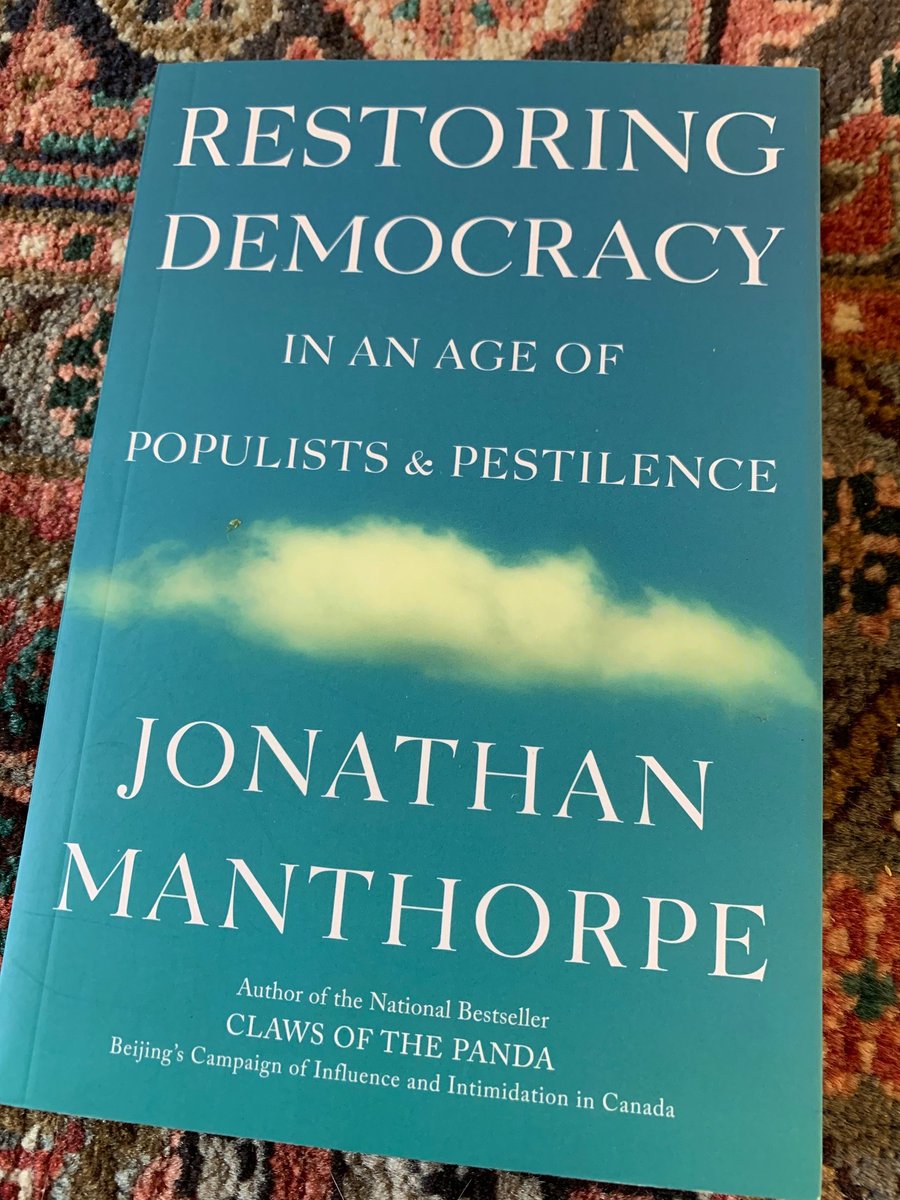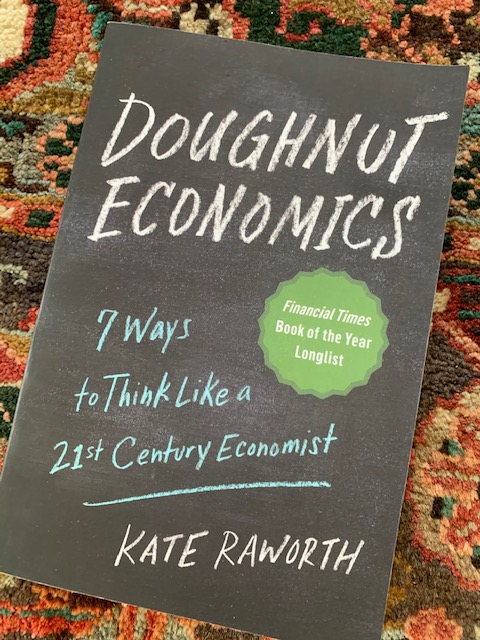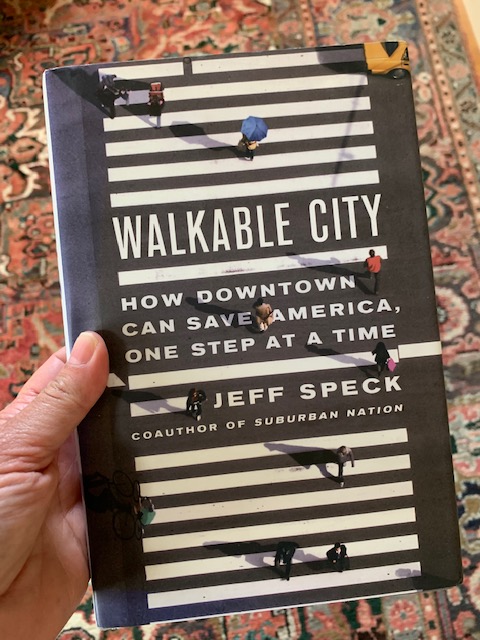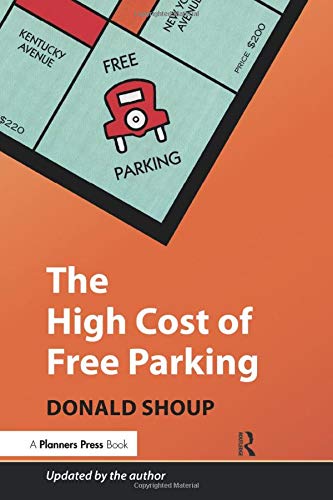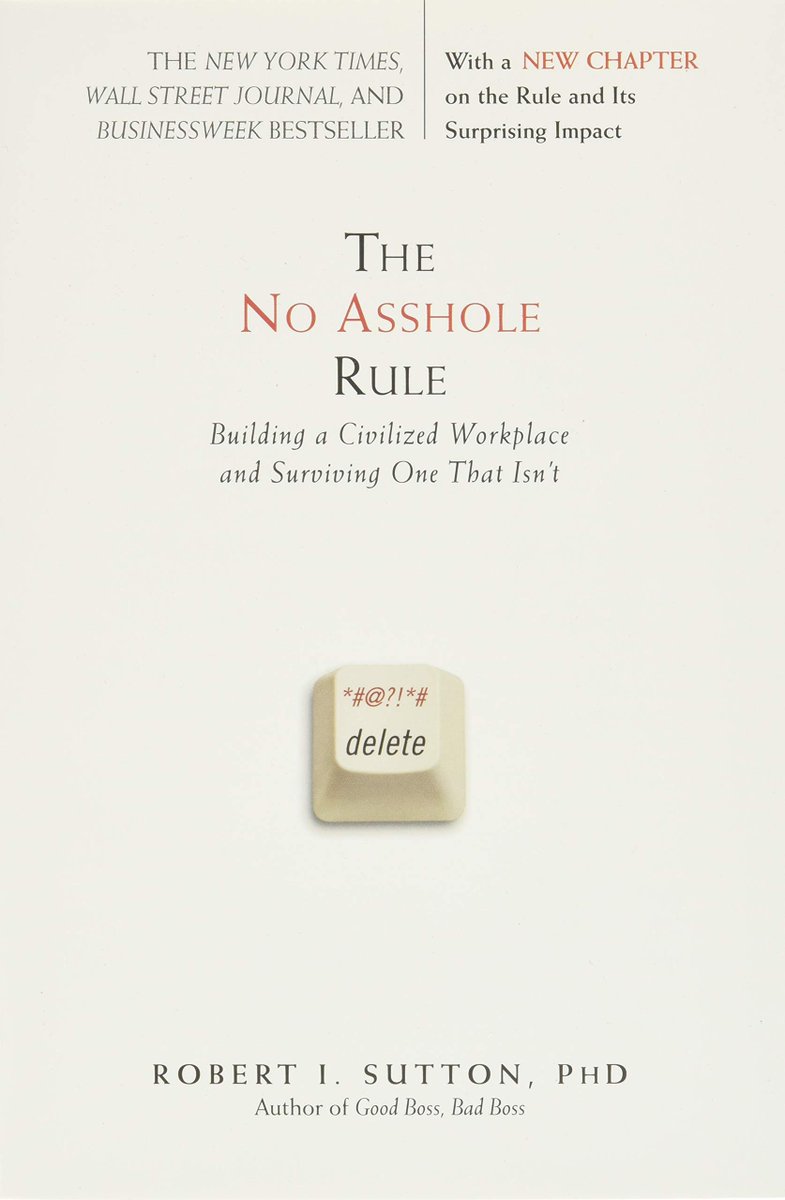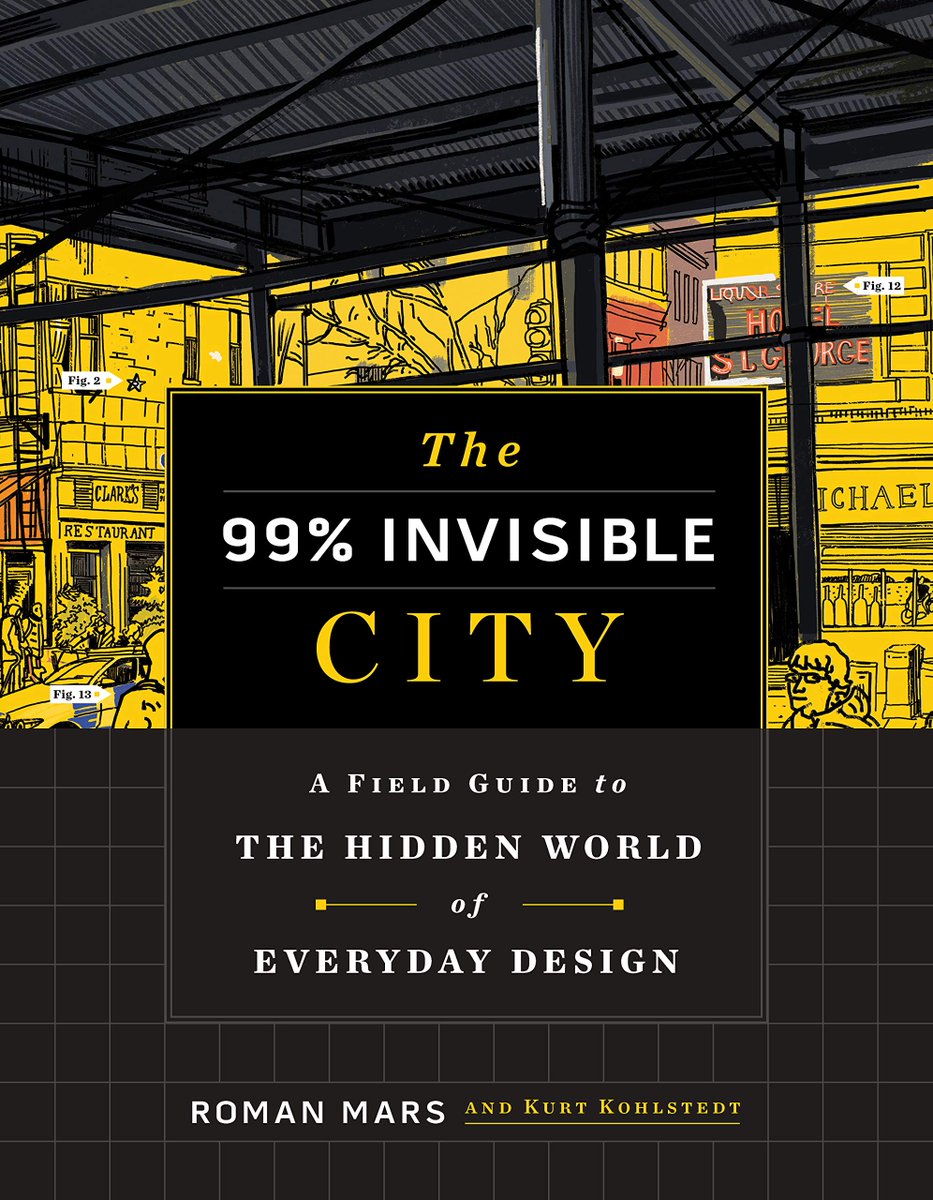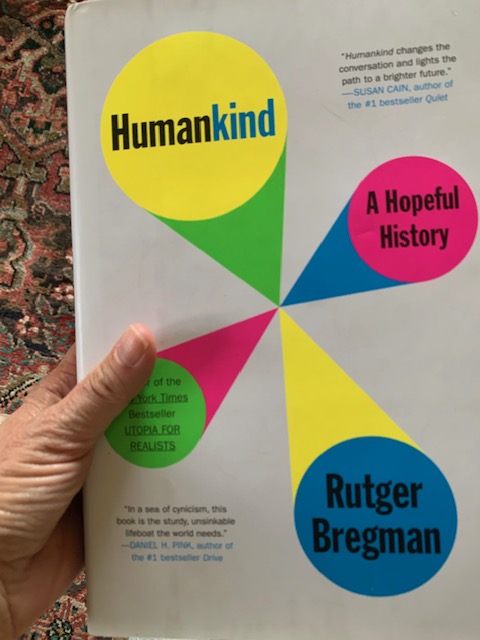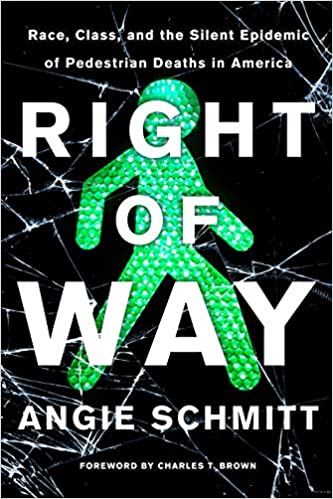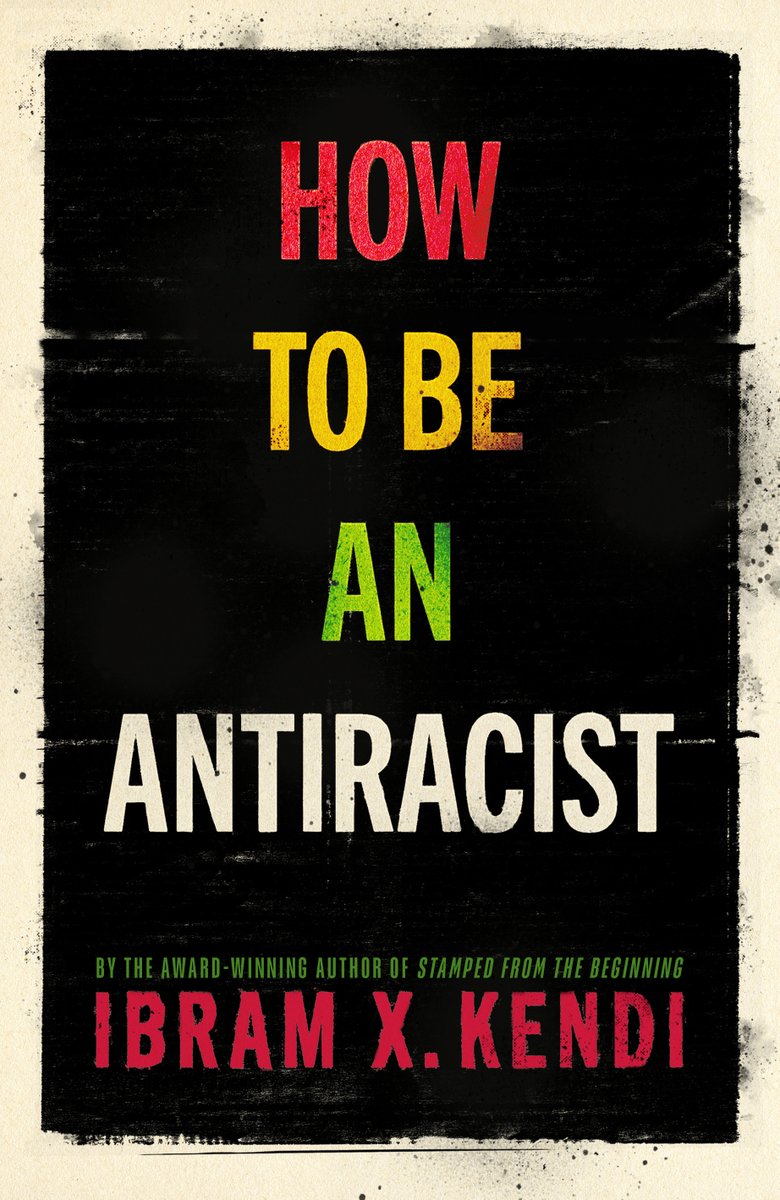I was delighted when @WordfestTweets asked me to recommend a book list for the month of May& #39;s Wordfest Community Bookstore.
https://wordfest.com/2021/community-bookstore/druh-farrell/">https://wordfest.com/2021/comm...
https://wordfest.com/2021/community-bookstore/druh-farrell/">https://wordfest.com/2021/comm...
Cities are a work in progress as well as a labour of love. I put together a list of books that have improved my understanding of how cities work & that will help us all prepare for a changing world. I had a heck of a time choosing. I hope they generate a lot of lively discussion.
Happy City: Transforming Our Lives Through Urban Design by Charles Montgomery
This is a vital book for city-builders. The way we design our cities has a major influence on our health, happiness, and well-being.
This is a vital book for city-builders. The way we design our cities has a major influence on our health, happiness, and well-being.
Feminist City: A Field Guide by Leslie Kern
Cities are usually designed by men, w/ little consideration for the way women (esp. low income women) use space or perceive public safety. From snow clearing to transit, Kern explores how we can build a city that works for everyone.
Cities are usually designed by men, w/ little consideration for the way women (esp. low income women) use space or perceive public safety. From snow clearing to transit, Kern explores how we can build a city that works for everyone.
Strong Towns: A Bottom-up Revolution to Rebuild American Prosperity by Charles L. Marohn Jr.
Holy doodle this is a gem of a book! Essential reading to help us rethink how to make our cities more livable, sustainable, and prosperous.
Holy doodle this is a gem of a book! Essential reading to help us rethink how to make our cities more livable, sustainable, and prosperous.
Restoring Democracy in an Age of Populists and Pestilence by Jonathan Manthorpe
With plummeting trust in the institutions of democracy and political discourse often reduced to name-calling, this hopeful book outlines the issues plaguing democracies and how to get back on track.
With plummeting trust in the institutions of democracy and political discourse often reduced to name-calling, this hopeful book outlines the issues plaguing democracies and how to get back on track.
Doughnut Economics- Seven Ways to Think Like A 21st Century Economist by Kate Raworth
Raworth has written an accessible and important book that reframes modern economics on how to live well without exploiting workers or trashing the planet.
Raworth has written an accessible and important book that reframes modern economics on how to live well without exploiting workers or trashing the planet.
Palaces for the People: How Social Infrastructure Can Help Fight Inequality, Polarization, and the Decline of Civic Life by Eric Klinenberg
I loved this book, and not just because Klinenberg thinks Calgary’s Central Library is gorgeous. He writes about how the public commons...
I loved this book, and not just because Klinenberg thinks Calgary’s Central Library is gorgeous. He writes about how the public commons...
...can help solve some of our more pressing societal issues, and how our shared values can be reflected in shared spaces: libraries, parks, community hubs.
White Goose Flying Report: To Calgary City Council on the Indian Residential School Truth & Reconciliation
Essential reading for all who live in Treaty Seven and want to understand the history of residential schools & the path to reconciliation & healing. https://www.calgary.ca/csps/cns/first-nations-metis-and-inuit-peoples/calgary-aboriginal-urban-affairs-committee/calgary-aboriginal-urban-affairs-committee.html">https://www.calgary.ca/csps/cns/...
Essential reading for all who live in Treaty Seven and want to understand the history of residential schools & the path to reconciliation & healing. https://www.calgary.ca/csps/cns/first-nations-metis-and-inuit-peoples/calgary-aboriginal-urban-affairs-committee/calgary-aboriginal-urban-affairs-committee.html">https://www.calgary.ca/csps/cns/...
Walkable City: How Downtown Can Save America, One Step at a Time by Jeff Speck
Required reading for civic leaders, planners, environmentalists, business owners, those who work in public health, tourism, economic development, and anyone who is interested in thriving places.
Required reading for civic leaders, planners, environmentalists, business owners, those who work in public health, tourism, economic development, and anyone who is interested in thriving places.
Streetfight: Handbook for an Urban Revolution by Janette Sadik-Khan
Sadik-Khan transformed New York (the city that coined the term “grid-lock”) to make room for people to walk, bike, take transit, and enjoy public space. Sadik-Khan is somewhat of a legend...
Sadik-Khan transformed New York (the city that coined the term “grid-lock”) to make room for people to walk, bike, take transit, and enjoy public space. Sadik-Khan is somewhat of a legend...
...because she accomplished the seemingly impossible, almost overnight, using temporary pilots to prove her point. In her book, she shares practical advice for any city that wants to make streets safer, more prosperous, and more vibrant. If New York can do it, any city can.
The High Cost of Free Parking by Donald Shoup
I know an 800-page tome on parking doesn’t sound like a page-turner and only data-geeks will truly enjoy it, but Shoup explains in detail how parking policy is one of the most insidious and perverse influences on a city& #39;s functions.
I know an 800-page tome on parking doesn’t sound like a page-turner and only data-geeks will truly enjoy it, but Shoup explains in detail how parking policy is one of the most insidious and perverse influences on a city& #39;s functions.
Building the Cycling City by Melissa Bruntlett & Chris Bruntlett
Originally from Vancouver, now living in the Netherlands, the Bruntletts share triumphs and challenges of the Dutch cycling transformation and lessons from and for North American cities.
Originally from Vancouver, now living in the Netherlands, the Bruntletts share triumphs and challenges of the Dutch cycling transformation and lessons from and for North American cities.
The No Asshole Rule by Robert I. Sutton
This book, given to me by my former colleague Alderman Bob Hawkesworth during the whole Peace Bridge thang, grew from an article in the Harvard Business Review. (1 of 2)
This book, given to me by my former colleague Alderman Bob Hawkesworth during the whole Peace Bridge thang, grew from an article in the Harvard Business Review. (1 of 2)
It’s the definitive guide “to working with — and surviving — bullies, creeps, jerks, tyrants, tormentors, despots, backstabbers, egomaniacs, and all the other assholes who do their best to destroy you at work.”
The 99% Invisible City: A Field Guide to the Hidden World of Everyday Design by Roman Mars
Curious about the details of a functioning city? This book is for you. Explore the history behind the seemingly commonplace & mundane. You’ll never look at cities the same way again.
Curious about the details of a functioning city? This book is for you. Explore the history behind the seemingly commonplace & mundane. You’ll never look at cities the same way again.
PS. I once toured Denmark& #39;s district energy/waste to energy plants and wind farms with two engineers from the Utilities department. We spent significant time discussing valves. There& #39;s a lot we laypeople take for granted. Cities are fascinating if you just stop and notice.
Humankind: A Hopeful History by Rutger Bregman
Oh boy, this book couldn’t be more timely. Bregman upends the cynical view that people are inherently venal, and shows us how to build a kinder world and a brighter future. Also recommend Bregman& #39;s Utopia for Realists.
Oh boy, this book couldn’t be more timely. Bregman upends the cynical view that people are inherently venal, and shows us how to build a kinder world and a brighter future. Also recommend Bregman& #39;s Utopia for Realists.
Cry, Heart, But Never Break by Glenn Ringtved
I think we’re all feeling a sense of grief and loss this year. This beautifully illustrated children’s book is a wise reflection on sorrow and joy.
I think we’re all feeling a sense of grief and loss this year. This beautifully illustrated children’s book is a wise reflection on sorrow and joy.
The Book of Delights by Ross Gay
This book of short essays, reminding us of the simple joy of noticing and celebrating small wonders, is a tonic for the soul. (1 of 2)
This book of short essays, reminding us of the simple joy of noticing and celebrating small wonders, is a tonic for the soul. (1 of 2)
“I felt my life to be more full of delight. Not without sorrow or fear or pain or loss. But more full of delight. I also learned this year, that my delight grows — much like love and joy — when I share it." This is a Cheri kinda book & I wish I could share it with her. (2 of 2)
Darwin Comes to Town: How the Urban Jungle Drives Evolution by Menno Schilthuizen
Cheer up, all! Read about urban adaptation showing that we can co-exist in harmony with wildlife. This book will make you notice the nature that surrounds us, while providing a glimmer of hope.
Cheer up, all! Read about urban adaptation showing that we can co-exist in harmony with wildlife. This book will make you notice the nature that surrounds us, while providing a glimmer of hope.
Rambunctious Garden: Saving Nature in a Post-Wild World by Emma Marris
Rambunctious is a controversial book that has its fans and detractors. I’m somewhere in between. There are some lessons here that can help cities become ecological havens.
Rambunctious is a controversial book that has its fans and detractors. I’m somewhere in between. There are some lessons here that can help cities become ecological havens.
19 Straphanger- Saving Our Cities and Ourselves from the Automobile by Taras Grescoe
Cities that care about equity, climate action, and poverty reduction, care about public transit. Grescoe explores the growing number of people, especially youth, who rely on...
Cities that care about equity, climate action, and poverty reduction, care about public transit. Grescoe explores the growing number of people, especially youth, who rely on...
...public transportation to go about their daily lives, and shares ideas from around the globe on how to create convenient, affordable, and sustainable urban transportation for everyone.
Right of Way: Race, Class, and the Silent Epidemic of Pedestrian Deaths in America by Angie Schmitt
The tragedy and perversity of traffic violence has become a normalized part of city life that rarely gets the attention it deserves. In the US, victims are disproportionately...
The tragedy and perversity of traffic violence has become a normalized part of city life that rarely gets the attention it deserves. In the US, victims are disproportionately...
...immigrants, people living in poverty, and people of colour. It doesn& #39;t have to be this way! Schmitt challenges us to think about race and poverty in city-building and to demand safer cities where no one is expendable.
How to Be an Antiracist by Ibram X. Kendi
After sitting through three days of testimony from BIPOC Calgarians (Black, Indigenous, and People of Colour) on their experiences of racism in Calgary, I had a completely different perspective of my beloved city. I vowed...
After sitting through three days of testimony from BIPOC Calgarians (Black, Indigenous, and People of Colour) on their experiences of racism in Calgary, I had a completely different perspective of my beloved city. I vowed...

 Read on Twitter
Read on Twitter

